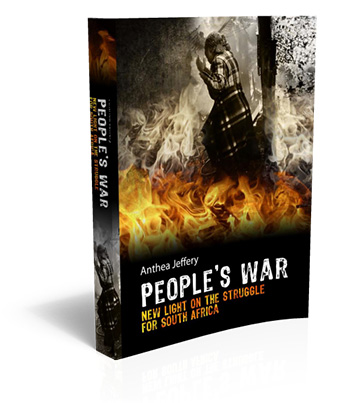 As the people’s war accelerated from September 1984, intimidation and political killings rapidly accelerated. At the same time, a remarkably effective propaganda campaign put the blame for violence on the National Party government and its alleged Inkatha surrogate. Sympathy for the ANC soared, while its rivals suffered crippling losses in credibility and support.
As the people’s war accelerated from September 1984, intimidation and political killings rapidly accelerated. At the same time, a remarkably effective propaganda campaign put the blame for violence on the National Party government and its alleged Inkatha surrogate. Sympathy for the ANC soared, while its rivals suffered crippling losses in credibility and support.
By 1993 the ANC was able to dominate the negotiating process, as well as to control the (undefeated) South African police and army and bend them to its will. By mid-1994 it had trounced its rivals and taken over government.
Since 1994, many books have been written on South Africa’s political transition, but none deals adequately with the people’s war. The Truth and Reconciliation Commission should have covered this, but it largely overlooked it.
This book shows the extraordinary success of people’s war in giving the ANC a virtual monopoly on power. It also shows, in part at least, the great cost at which this was achieved. Apart from the killings, the terror, and the destruction that marked the period from 1984 to 1994, the people’s war set in motion forces that cannot easily be reversed. For violence cannot be turned off ‘like a tap’, as the ANC suggested, and neither can anarchy easily be converted into order.
Published by Jonathan Ball